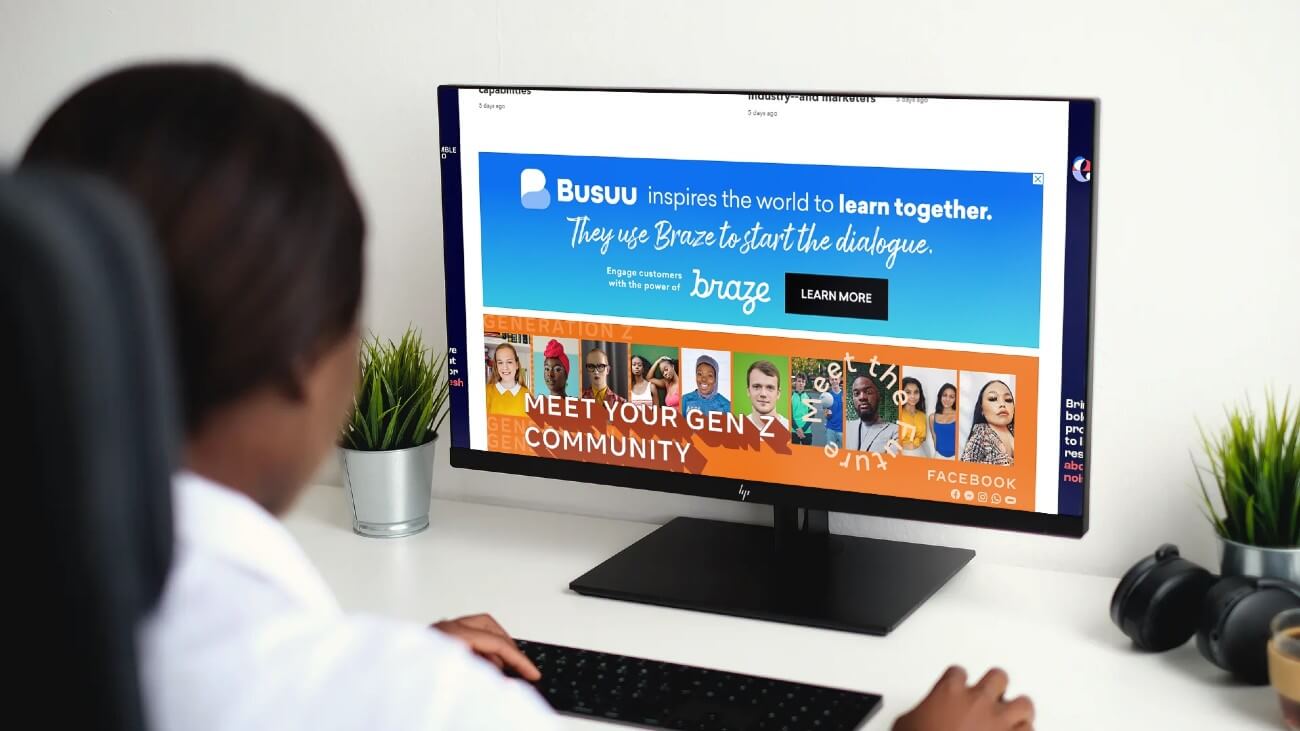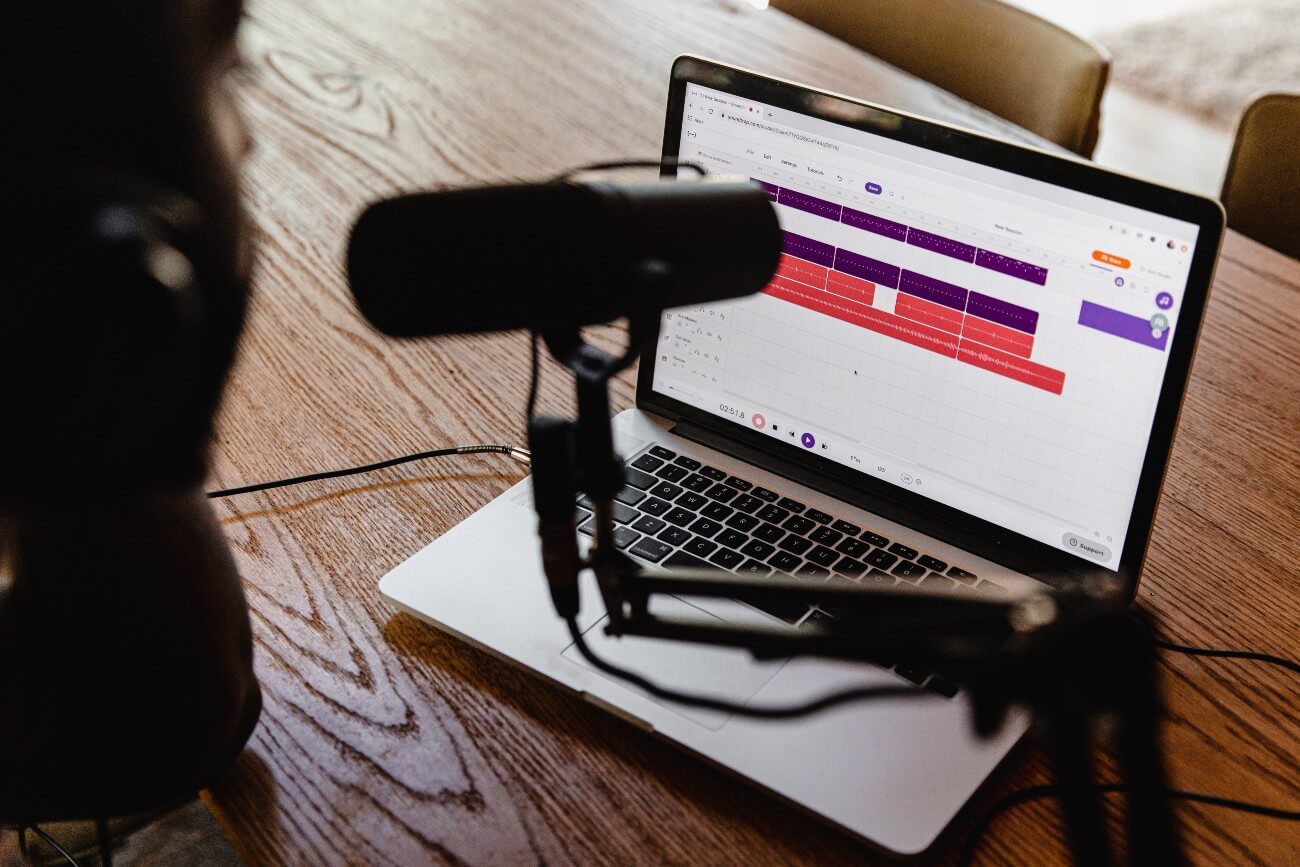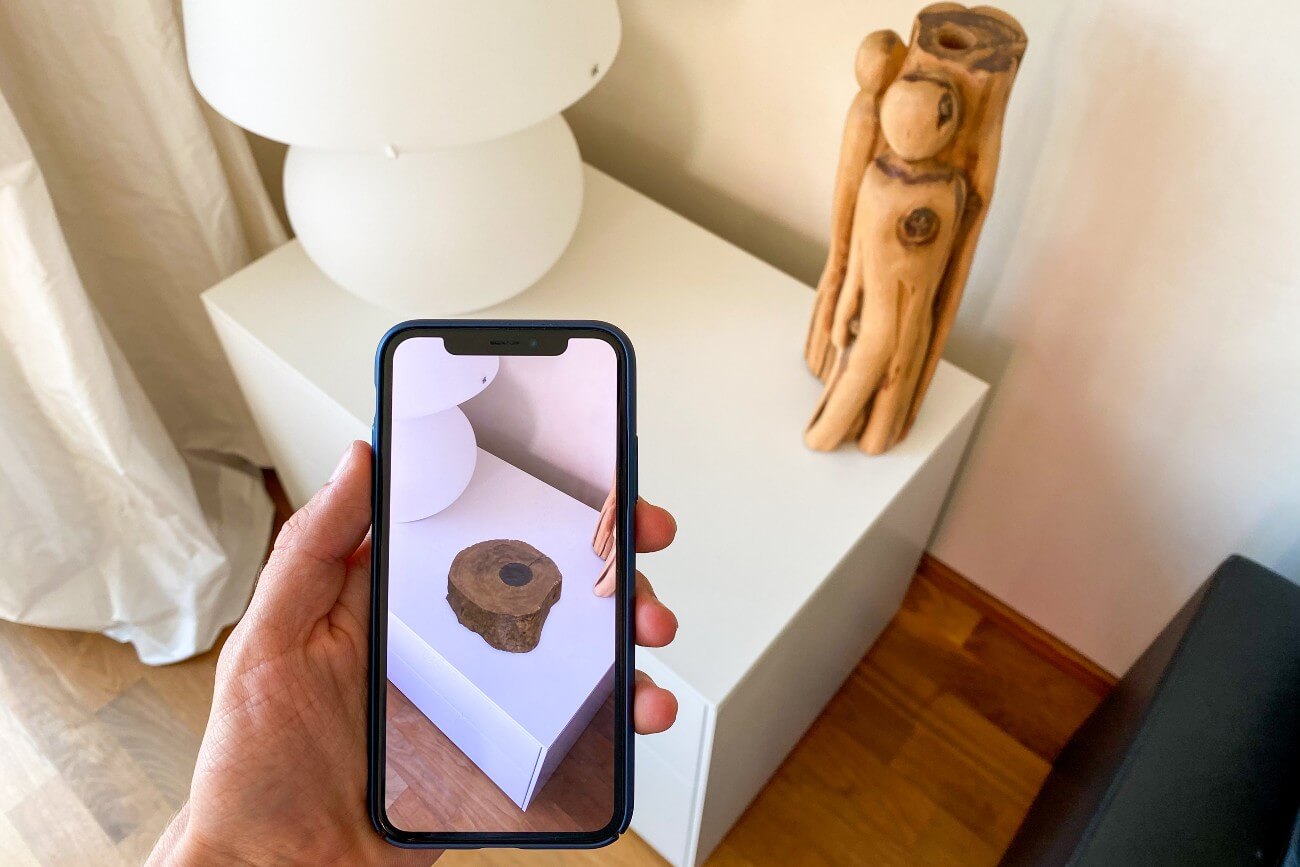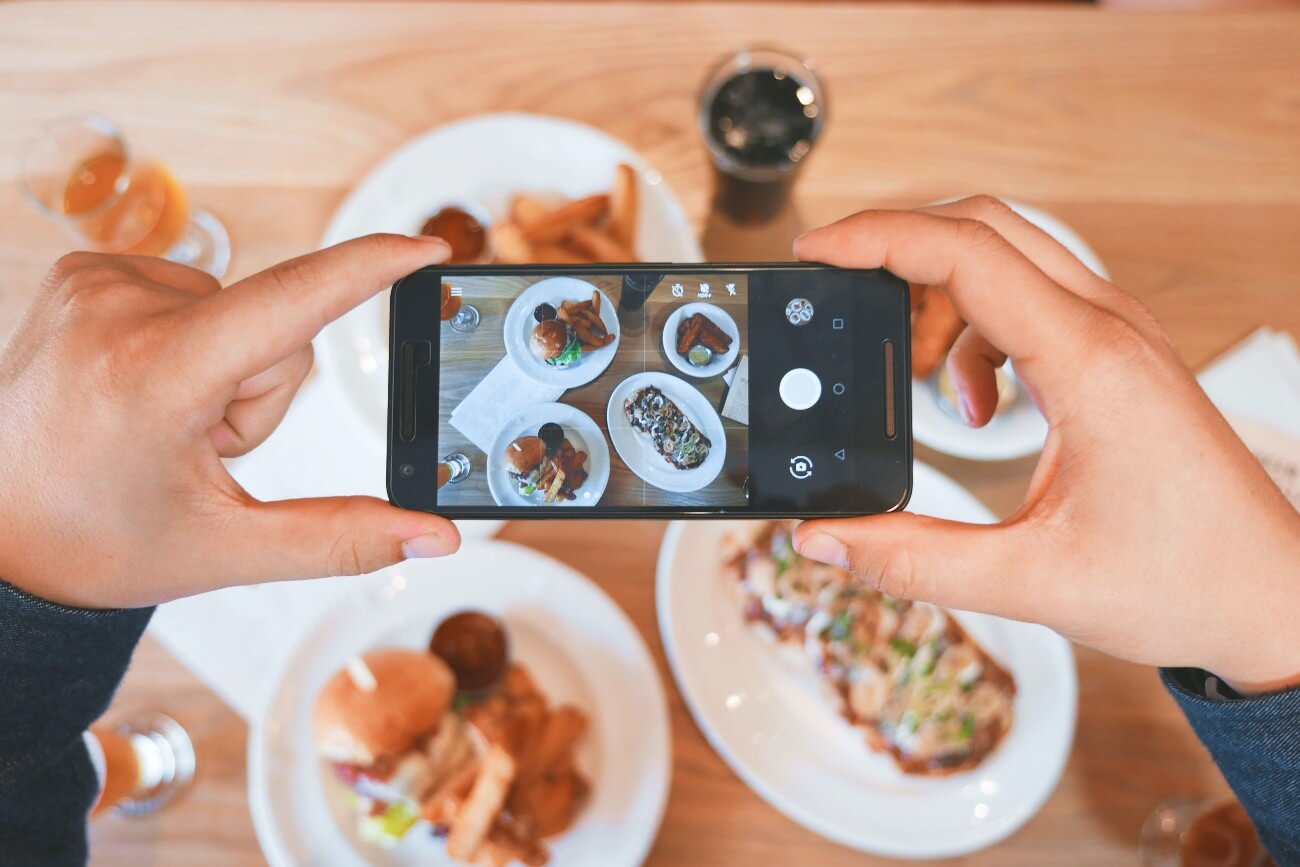2020 was like no other. It was challenging for nearly all, devastating for some. In less than a year, the COVID-19 pandemic has changed the way we work, learn, play and interact, and we have all been forced to lead a more virtual existence – both personally and professionally. Whilst lots of these changes have been made necessary by lockdown, they have also been facilitated by a tipping point in the capabilities of technology and a new generation of consumers much happier to interact with brands online.
For brands looking to optimise their digital marketing activities this year, our digital marketing experts have compiled a list of the top marketing trends to be aware of in 2021. If you can take advantage of just one or two of these trends then you’ll be on track to generating more business from your marketing strategy in 2021 and beyond.
In case you missed our previous annual trends articles, please take a look at 2020 and 2019 – many of the strategies are still relevant in 2021.
A World Without Cookies
48% of marketers “worry that their brands won’t be able to provide impactful performance without cookies” according to research from data, insights and consulting company Kantar.
A cookie-less future is on the horizon and it continues to get closer with 2021 set to be their last full year.
Currently, third-party cookies play a huge role in digital marketing strategies – allowing advertisers to deliver more personalised experiences based on the information the cookies hold. With Chrome ceasing to support third-party cookies in the next year or so, and browsers like Safari already ceasing to support them, the time for change is now.

Continued Advancements in Machine Learning
Machine learning and AI technology will continue to develop in 2021 and the years ahead. Machine learning is used in multiple ways within marketing, to help deliver personalised recommendations and experiences, to enhance paid campaigns to improve conversion testing, in chatbots and more. Google Ads in particular continue to focus heavily on machine learning with automated Smart Campaigns. As marketers, we must adapt and use machine learning to help us market smarter.
Live Streaming
Live-streamed content is still extremely under-utilised within digital marketing strategies. It doesn’t help that there are so many platforms to choose from – Instagram Live, Facebook Live, LinkedIn Live, Twitch and more. Of course, it makes sense to get started on the channel where your audience is most active. A live stream could be a simple Q and A about a new product or service, a live interview with an industry expert or an educational webinar type stream. Live streams are typically far easier and less expensive than professionally shot videos, achieve more reach, and will enable you to engage and empathise with your audience in real-time.

Virtual Events
Yet another 2021 digital marketing trend that has been accelerated by the pandemic. Whilst lockdown’s will necessitate even more virtual shows and events across many sectors this year, we expect the format (or hybrid versions) to become firmly established over the long term – especially as technology develops to enable an ever improving digital experience. Marketers will need to consider event delivery strategy, identify technology needs, effectively promote their virtual event and engage event attendees before, during and after the event.
User Experience
User experience has always been vital in marketing but it often gets less importance placed on it than traffic. However, working with the traffic you already have and getting that to convert better can often achieve results quicker. Your marketing agency should have the expertise and experience to help you improve and optimise user experience, helped along with a host of excellent tools such as Microsoft Clarity, Google Lighthouse, Hotjar, Analytics and Search Console, to name but a few. The importance of getting user experience right will only accelerate when Google’s Page Experience algorithm update rolls out this May.

Social eCommerce
Developments within Social eCommerce came a long way last year and we don’t see it slowing down for 2021. Instagram and Facebook have both introduced native shopping experiences for eCommerce businesses and WhatsApp have recently launched Carts. Giving users the option to purchase products from directly within the apps they love without having to leave them makes for a seamless experience that will see more B2C brands capitalise on.
Content on the Go
Coming into 2021, we’re all spending even more time consuming digital content than we ever have, particularly while we’re on the go – working, travelling or even whilst doing the housework! This has sparked further increases in the popularity of podcasts and podcast advertising, short-form video content (such as TikTok, Instagram Reels, Snapchat Spotlight and YouTube Shorts), clickable content like LinkedIn Carousels and visual content including a marked increase in brands using infographics.
All of these channels can be taken advantage of by repurposing existing content. Blog pieces can be used to create podcasts, existing video can be cut into bite-sized snippets suitable for sharing on social media and visual imagery can often be adapted to create impactful infographics.

Reaching the Home TV
By 2022, research predicts that over 80% of online traffic will be driven by video.
During lockdown people have stayed at home more than ever before and remote working is probably here to stay for lots of businesses. Because of this your potential customers are consuming lots of online content, with audiences increasingly turning to online video for education, entertainment and to stay connected. Additionally, more and more people are watching videos on YouTube on their TV. You can take advantage of this with YouTube Ads or by creating more content for your brand’s YouTube channel.
Augmented Reality
With some 3 billion devices worldwide currently AR-enabled, 2021 is expected to see AR gain further traction, with research suggesting that AR technology will be used by some 1.9 billion people per month by 2022.Whilst Augmented Reality (AR) has been with us for a number of years, the technology is developing at a startling pace and has the potential to allow brands to greatly enhance the customer experience. Many online stores are already offering great AR experiences and as the technology becomes more accessible, brands of all sizes are beginning to adopt it.

Instagram SEO
Late last year, Instagram introduced the option to discover content on the platform by using keywords instead of hashtags. While this is still very new and there’s not enough research at the moment to suggest anything concrete, Instagram SEO could certainly be a possibility for this year. This may change the way we write post captions, integrating specific, well searched for keywords.
UGC
While influencer marketing is still going strong, particularly cross-platform, with nano and micro-influencers generating the best results, customer user-generated content still exceeds it for us. User-generated content promotes existing customer advocacy and delivers social proof to potential customers, in turn generating engagement, building trust and ultimately increasing conversions. Using UGC will also save you a lot of time on creating content! To get the best out of UGC campaigns, tell your audience what it is you want and use carefully selected, specific branded hashtags.

If you’d like to push your brand even further in 2021, our marketing specialists are here to help. We’re a full-service, award-winning, digital marketing and creative agency based in the heart of the UK. Our expertise covers website design, creative campaigns, brand positioning and visual identity to an array of proven digital marketing tactics such as SEO, Paid Advertising, Content Marketing and Social Media. Whether you’re a small business with less than 10 employees or a global company with thousands of employees, our bespoke solutions will skyrocket your business growth. Ready for lift off?
Test Pilot: 3-month Test Pilot Digital Marketing Trial is still available due to its popularity and the impact that Covid continues to have on our industry.
The Digital Marketing Checklist: Receive your existing marketing performance score and receive bespoke recommendations on how to improve it.